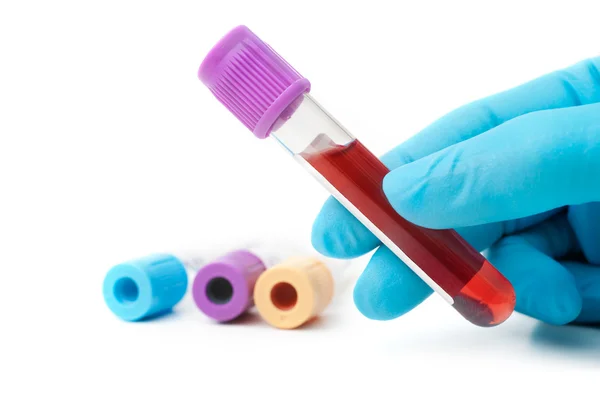ALLERGY TEST COMPLETE PROFILE (AL2)
£289.99
This test is the UK’s most comprehensive allergy panel with 295 allergens tested. Allergies affect around one in four of the general population. Many allergic patients do not take their allergy seriously and suffer from subsequent complications (e.g. hay, fever, allergic asthma) or are subject to unnecessary dietary restrictions.
Hassle free Allergy test in Luton!
About the ALLERGY TEST
This test can check for close to 300 relevant allergen sources (except drug allergens, such as penicillin).

Biomarkers
- IgE level per allergen
- Group IgE allergen levels
- Cross-reactive allergen families
- Total IgE levels (kU/L)
Individual Allergens Included:
Pollen
- Grass Pollen
- Tree Pollen
- Weed Pollen
Mites
- House Dust Mites & Storage Mites
Plant-based Food
- Fruits
- Grain
- Legumes
- Nuts & Seeds
- Spices
- Vegetables
Insects & Venoms
- Ant, Bee, Wasps
- Cockroach
Microorganisms
- Fungal Spores & Yeast
Animal-Derived Food
- Egg
- Fish & Seafood
- Meat
- Milk
Epithelial Tissues of Animals
- Farm Animals
- Pets (dog, cat, rabbit, etc.)
Others
- CCD
- Ficus & Hops
- Latex
- Parasite
Common situations when an Allergy Test may be needed:
- Allergic Symptoms: When someone experiences symptoms like sneezing, a runny or stuffy nose, itchy or watery eyes, skin rashes, hives, eczema, asthma, coughing, wheezing, or gastrointestinal discomfort that may indicate allergies.
- Family History: If there’s a family history of allergies, individuals may need an allergy test to confirm their own allergies.
- Suspected Food Allergies: When someone suspects they have a food allergy due to immediate or delayed reactions after consuming specific foods.
- Insect Sting Allergies: After experiencing an adverse reaction to insect stings, such as those from bees, wasps, or ants, testing can identify the specific allergen and determine the allergy’s severity.
- Seasonal Allergies: Seasonal allergies, often caused by pollen from trees, grasses, and weeds, may require testing if someone experiences symptoms during specific times of the year.
- Pet Allergies: When individuals develop allergic reactions, like sneezing, itching, or asthma symptoms, after exposure to pet dander (from cats, dogs, or other animals).
- Occupational Allergies: In cases where individuals experience allergic reactions due to workplace exposures, such as dust, chemicals, or latex.
- Medication Allergies: To determine if someone has allergies to specific medications, such as antibiotics, pain relievers, or anesthetics, which can cause adverse reactions.
Other symptoms
- Chronic Skin Conditions: If someone has chronic skin conditions like eczema or contact dermatitis, testing can identify the allergens triggering these skin reactions.
- Unexplained Symptoms: In situations where someone experiences unexplained allergic-like symptoms, allergy testing can help identify potential allergen triggers.
- Preventive Planning: For individuals with known allergies, testing can help identify specific allergens, enabling them to take precautionary measures to avoid exposure and manage their condition effectively.
- Research and Diagnostic Purposes: In clinical and research settings, allergy tests are used to study allergies, gather data, and advance our understanding of allergens and allergic reactions.
Allergy tests are typically conducted by allergists or immunologists and can involve various methods, including skin prick tests, blood tests (such as RAST or IgE testing), patch tests, and oral food challenges, depending on the suspected allergen and the individual’s medical history. The results of these tests can guide treatment and allergy management plans.




